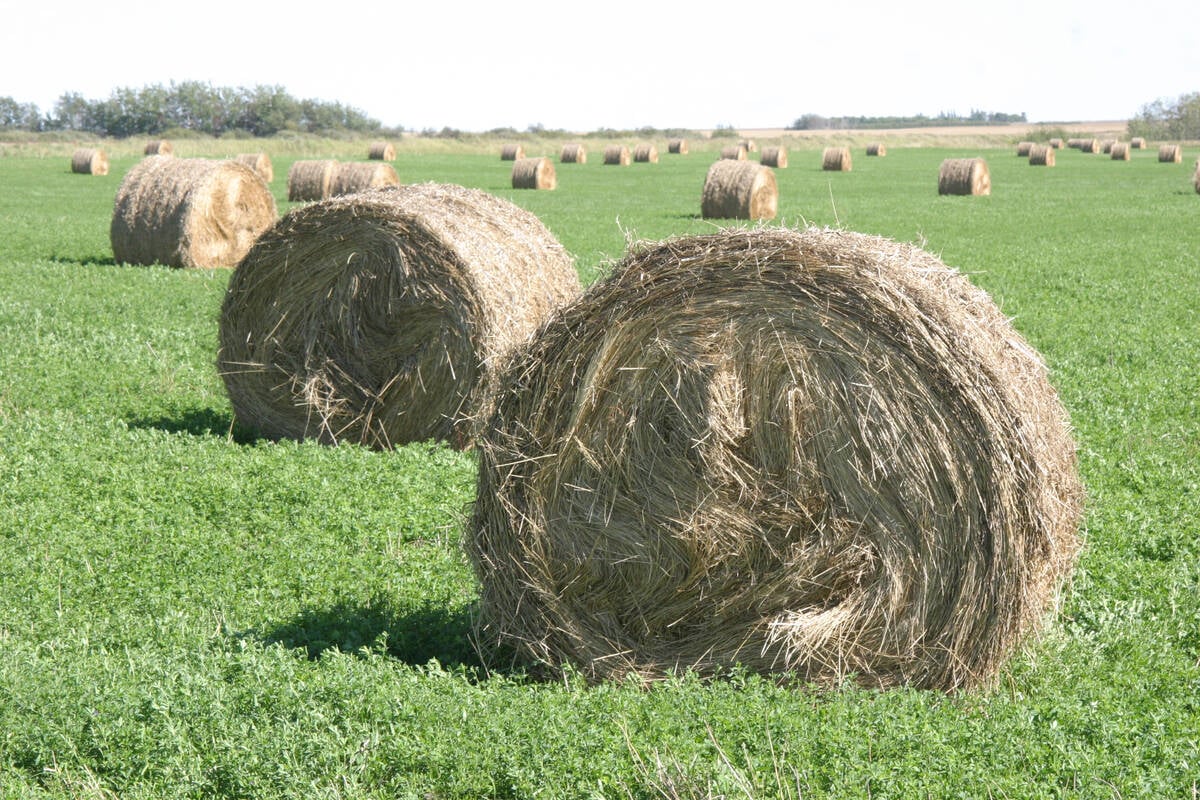Farming 20 minutes from downtown Edmonton is a balancing act for broiler chicken producer Aaron Falkenberg.
Country estate homes are gradually surrounding his intensive poultry farm outside of suburban Sherwood Park, but so far, his relationship with the neighbors has been good.
“We already live in a fishbowl. We chose to do everything perfect as far as we know how and we’ve never had any trouble in 20 years,” he said.
“Half of them probably wouldn’t know what we do on the farm.”
New provincial law governing intensive livestock operations should provide some security and protection for farmers like Falkenberg.
Read Also

Breaking down successful winter feeding into six steps
It’s that time of year when it is important to start planning for a cow herd’s winter feeding program. Here are six steps I think are necessary to consider when getting your feed tested.
“The mainstream industries welcome it,” said Falkenberg, who has been part of a livestock group committee developing the legislation.
This legislation sets down regulations for anyone wishing to build anywhere in the province without worries that rules may change halfway through the building permit process.
“When I go in for a permit I know I can obtain the standards that are required of me ahead of time,” said Falkenberg.
Existing farms do not have to upgrade to meet the new standards, but they cannot pollute and may be prosecuted.
The most recent draft of legislation and regulations was presented to Alberta’s agriculture minister Ty Lund last week.
Passage of the bill has been delayed because the minister wants more work done to achieve greater consensus among producers and municipalities.
“It could be another 18 months before it becomes law,” said Dennis Glover of Alberta Agriculture.
The department will continue to refine the act and its regulations through a livestock working group represented by cattle, swine and poultry interests.
Each group is required to update its manure management code of practice and develop management practices for such things as winter feeding sites.
In addition, they are considering farm certification and self-assessment environmental programs similar to a voluntary program used in Ontario.
Another possibility is introducing a farm environmental auditing system developed by the American National Pork Producers.
Guidelines for a peer review process are also under way.
The department is also hiring a manure nutrient management specialist to work with farmers and municipalities to properly spread manure for the greatest benefit to the soil.
Technical standard
The new legislation would remove municipal responsibility for governing technical requirements of new or expanding farms. Standards will be the same for every jurisdiction.
Engineering, building plans, lagoon construction and manure management plans are covered by the legislation while the municipalities handle approving location of sites.
“Once the technical part is set and fixed, it won’t be appealable,” said Glover. “They wouldn’t be able to adjust the technical component of it the way they can today.”
The legislation also states operations may be inspected to ensure producers are in compliance with standards. Operators may also be required to maintain manure management records. The producer must provide these records to an investigator who may enter the property for inspections, to collect samples or check records.
Producers may challenge any enforcement through a sustainable livestock operations appeal board appointed by the minister of agriculture.















